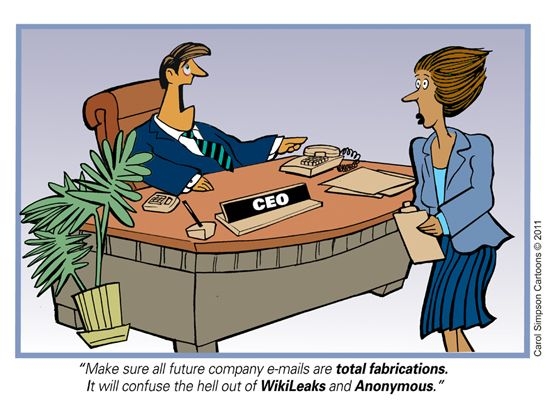
Web hosting company and Internet domain registrar Go Daddy undergone an hours-long outage this Monday, not only going did the website www.godaddy.com go down, so did the site’s DNS servers, meaning that the site’s hosted e-mail accounts, and most importantly, a multitude of sites depending on them went down as well.
Someone who claimed to be a lead hacker within the Anonymous hacking cooperative jumped at the opportunity and professed being responsible for taking the site’s servers down. This person did not stop this allegation, under the Twitter handle “Anonymous Own3r”, even after Go Daddy stated that their website was not in fact hacked.
The company’s analyses indicate that there was no outside action what so ever.
“The service outage was not caused by external influences,” the company’s interim chief executive Scott Wagner said in a statement sent to press. “We have determined the service outage was due to a series of internal network events that corrupted router data tables. Once the issues were identified, we took corrective actions to restore services for our customers and GoDaddy.com. We have implemented measures to prevent this from occurring again.”
Wagner assured that no personal or financial data were at stake during this outage.
The websites of many of the company’s customers were taken down by this debacle on Monday, causing a lot of frustration especially to small businesses since Go Daddy hosts more than 5 million websites. Many of those took their rage onto the social media spectrum, including MixForSale.com, a website selling accessories with Japanese animation themes, and YouWatch.or, a video-sharing site. An interioir designer even admitted she had to stop sending emails with her website link in them during this outage.
This long outage was a clear reminder that still much of the web highly relies on a single hosting company.
In the statement, Wagner said that the company had “let its customers down and we know it.”
Just last week, other hackers, also identifying themselves as a part of the Anonymous group, posted information on Apple unique device IDs that they proclaimed to have stolen from the FBI. Later, the FBI denied the attack, and BlueToad, a publishing company, stepped forward on Monday as the source of the data the hackers had posted.
All of this hacking makes you wonder how safe your data really is, doesn’t it?
Be part of the smart crowd and download G Cloud today; it’s free!
